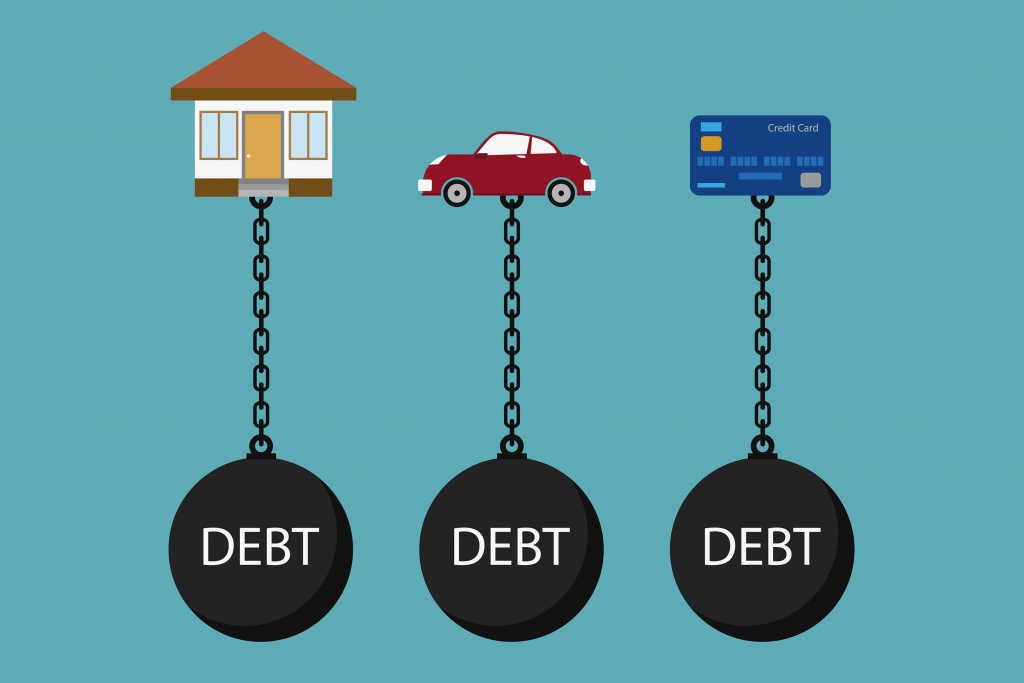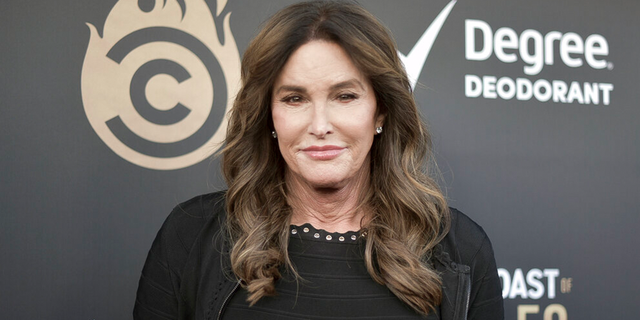It is no fun discussing death with our loved ones. But before you take the “ignorance is bliss” route, think about how your debts after death will impact your loved ones. Ideally, none of your debts pass to your family, but let’s talk about some good ways to ensure that doesn’t happen. At the very least, we can explain what happens after you pass so you can better prepare for it.
After you have passed your estate typically pays all of your debts. Should you have enough assets to pay for those debts, your estate Executor is responsible for selling those assets and settling up with your creditors. Remember your creditors will come before your heirs.

If your estate does not have the funds to pay off debts, then your debts will typically die with you.
Debts that do not die with you are ones where a loved one acted as a guarantor or co-signer. Doing this means your loved one will assume the loan if you cannot. Once you are dead, what can you do about that?
This also applies to married couples that share credit cards or accounts. If your spouse bought a new boat on your shared credit card, then they passed away, you are still responsible for paying it off. Even if you had nothing to do with it. Make sure you are aware of spending habits before you tie your “financial knot.” Also, be aware that an “authorized user” on a credit card is different than a co-signer. An authorized user is not required to pay the debts of the deceased cardholder.
A surviving spouse will be able to take over monthly mortgage payments, rather then pay back the full balance to the mortgage company. If a spouse really wants to remain in their home, he/she can continue to make monthly payments, rather then pay off the entire debt upon her loved ones death.
It is important to talk to your loved ones about your wishes. It may become necessary for the spouse to downsize to a smaller house so they have a more manageable monthly payment or a more manageable size home.
In most cases your 401(k), life insurance policies, IRAs and other brokerage accounts are protected from creditors. This allows you to list individuals as beneficiaries, and then the money doesn’t go to your estate. If it did, your estate would use it to pay creditors. Which would mean your beneficiaries get less.
Don’t forget Community Property Laws! California is a community property state. These laws require that any debts or assets you’ve incurred after you got married are also the responsibility of your spouse.
Discussing death and your debts after death is not easy, but do yourself and your loved ones a favor by addressing it. Don’t hesitate to speak with an attorney. Our estate planning attorneys are here to help, call Hornstein Law Offices at 818.887.9401.

